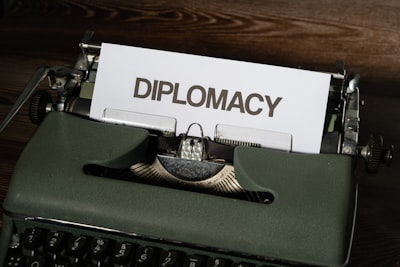The Unlikely Diplomacy of Truth: When Nations Whisper Their Faults
What does it mean when a country admits, even in the smallest way, to a shadow in its own house? Nations, like people, often prefer the mirror that flatters. Yet, history offers curious glimpses of how reluctant truth-telling can spark transformation—or at least recalibration.
In 1956, Nikita Khrushchev stunned the world and his own Communist Party when he denounced Stalin’s crimes in a secret speech. Few saw it coming. The words were hushed into the record, but their reverberations cracked open spaces for dissent—in literature, in art, in whispered kitchen conversations. Sometimes, the rare admission is more powerful than the bold confession.
Or consider South Africa’s Truth and Reconciliation Commission, where, after years of denial, perpetrators stood in public and spoke their cruelties aloud. Did justice immediately blossom? No—but something irreversibly changed: the curtain lifted, even just an inch.
Why is it so powerful when an authority confesses to the world, “Yes, this wound exists”? In a world of curated images and official narratives, that sliver of vulnerability is unsettling. It’s as if power has stammered, just for a moment, and in the pause, possibility flickers.
Imagine, for a moment, what if every nation—instead of annual parades—held a Day of Admissions: a festival not of triumphs, but of shortcomings, publicly owned and boldly named. Would citizens demand more, or would apathy deepen? Would problems be solved, or just get better PR? Or would the simple act of owning pain open the smallest door to healing?
When countries whisper their faults, the room gets quiet. Sometimes, that silence is where the next sentence of history begins.
This article was inspired by the headline: 'China vows crackdown on torture in rare admission'.

Comments
No comments yet. Be the first to comment!